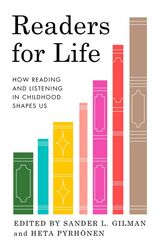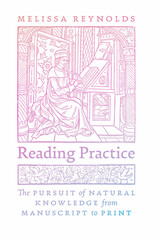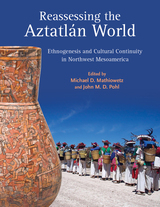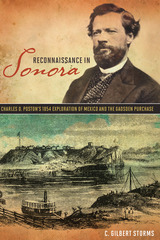8 start with A start with A
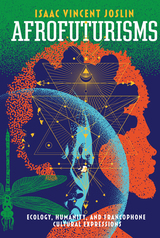
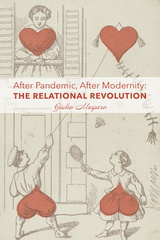
Without Trinitarian framework ancient and new idols emerge, as the Covid-19 tragedies have shown. Yet post-pandemic must be a moment of clarity and realism, as we can see how necessary it is that humanity place itself in relation to something beyond. The post-modern journey, however, must be in the spirit of Christian humanism or else any so-called progress will no longer be unable to speak authentically of our humanity. That is to say, the relational dimension of human life will be erased right along with the other ills that plague our earth.
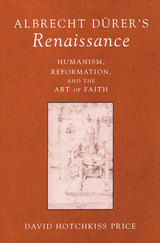
David Price is Associate Professor of History and of Church History, Southern Methodist University.
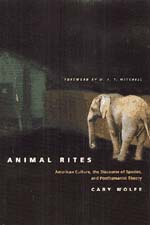
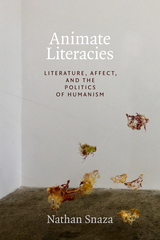
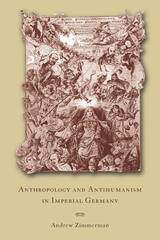
Drawing on sources ranging from scientific papers and government correspondence to photographs, pamphlets, and police reports of "freak shows," Zimmerman demonstrates how German imperialism opened the door to antihumanism. As Germans interacted more frequently with peoples and objects from far-flung cultures, they were forced to reevaluate not just those peoples, but also the construction of German identity itself. Anthropologists successfully argued that their discipline addressed these issues more productively—and more accessibly—than humanistic studies.
Scholars of anthropology, European and intellectual history, museum studies, the history of science, popular culture, and colonial studies will welcome this book.
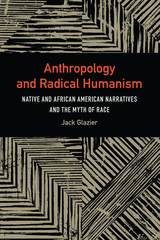
Watson collected autobiographies and religious conversion narratives from elderly African Americans. Their texts represent the first systematic record of slavery as told by
former slaves. That innovative, subject-centered research complemented like-minded scholarship by African American historians reacting against the disparaging portrayals of black people by white historians. Radin’s manuscript focusing on this research was never published. Utilizing the Fisk archives, the unpublished manuscript, and other archival and published sources, Anthropology and Radical Humanism revisits the Radin-Watson collection and allied research at Fisk. Radin regarded each narrative as the unimpeachable self-representation of a unique, thoughtful individual, precisely the perspective marking his earlier Winnebago work. As a radical humanist within Boasian anthropology, Radin was an outspoken critic of racial explanations of human affairs then pervading not only popular thinking but also historical and sociological scholarship. His research among African Americans and Native Americans thus places him in the vanguard of the anti-racist scholarship marking American anthropology. Anthropology and Radical Humanism sets Paul Radin’s findings within the broader context of his discipline, African American culture, and his career-defining work among the Winnebago.

An ethically-based approach to human relations for the media age
Otherness, alterity, the alien—over the course of the past fifty years many of us have based our hopes for more ethical relationships on concepts of difference. Combining philosophy, literary criticism, fiction, autobiography, and real and imagined correspondence, Ann Weinstone proposes that only when we stop ordering the other to be other—whether technological, animal, or simply inanimate—will we truly become posthuman.
Posthumanism has thus far focused nearly exclusively on human–technology relations. Avatar Bodies develops a posthumanist vocabulary for human-to-human relationships that turns our capacities for devotion, personality, and pleasure. Drawing on both the philosophies and practices of Indian Tantra, Weinstone argues for the impossibility of absolute otherness; we are all avatar bodies, consisting of undecidably shared gestures, skills, memories, sensations, beliefs, and affects.
Weinstone calls her book a “tantra”—by which she means a set of instructions for practices aimed at sensitizing the reader to the inherent permeability of self to other, self to world. This tantra for posthumanism elaborates devotional gestures that will expose us to more unfettered contacts and the transformative touch.
READERS
Browse our collection.
PUBLISHERS
See BiblioVault's publisher services.
STUDENT SERVICES
Files for college accessibility offices.
UChicago Accessibility Resources
home | accessibility | search | about | contact us
BiblioVault ® 2001 - 2024
The University of Chicago Press


